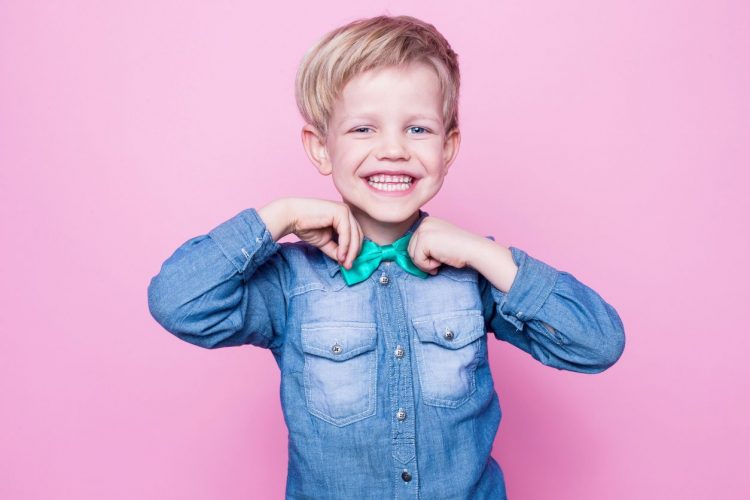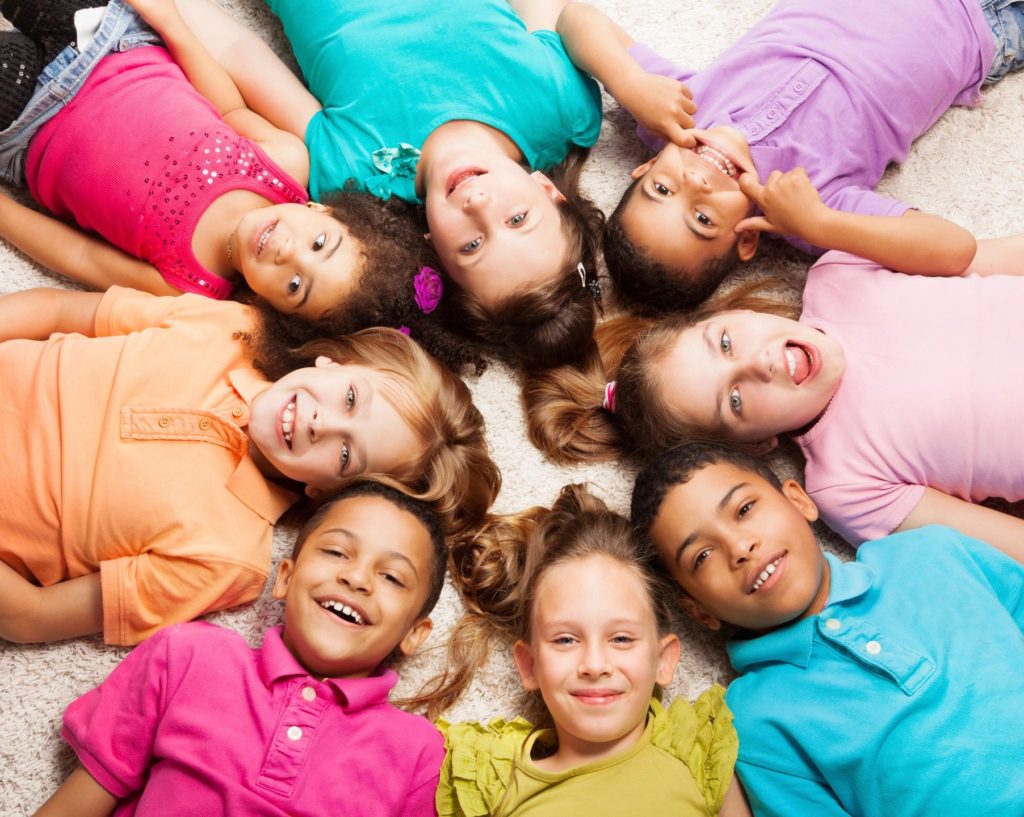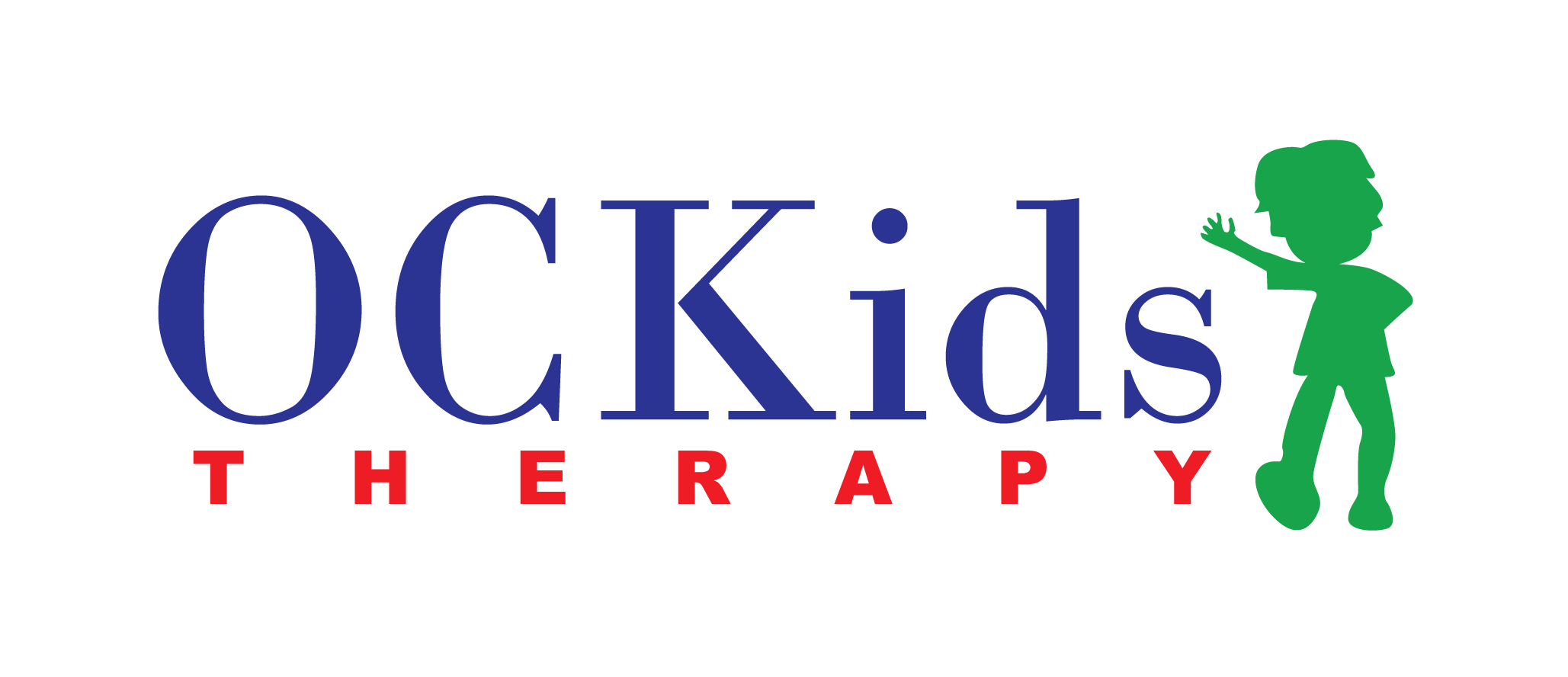
ADHD/ADD Assessment & Treatment
Research shows that behavior therapy is the first line of treatment for children and teens diagnosed with ADHD. ADHD not only affects the child’s ability to sit still in school or the child’s ability to pay attention, it also has a profound impact on the relationships with other children and family members. The goal of behavior training includes reducing problematic behaviors, and strengthening positive behaviors. The child learns how to replace problematic behaviors and how to express feelings in a way that does not create problems for themselves or others. Oftentimes, this includes parent coaching in behavior modification strategies.
Behavioral
Children with ADHD/ADD tend to have behavioral issues that include having a lack of filter, interrupting often, disorganization, irritability, opposition and difficulty with follow through. We help parents weed through typical behaviors, how to handle them and how to help kids learn to manage their impulsive nature.
Parenting
We provide parents with tools and guidance to manage ADHD behaviors. Learn proven techniques and strategies to head off behavioral, academic and time management issues.
Academic
We work with parents to determine if school intervention is necessary. Learn about 504 plans, IEP's and Team Support options. This may include working with your teacher to help implement strategies to help your child succeed.
Emotion Dysregulation
Teaching kids to have cognitive flexibilty is the first step in helping them regulate their emotions. Many children with ADHD find that they have very rigid thinking and therefore often experience melt downs and temper tantrums. Learn effective strategies to treat emotion dysregulation with coaching and CBT.
Exercise
Research has found that exercise is an effective non-pharmaceutical intervention. Learn how exercise can increase the same neurotransmitters as traditional ADHD medications.
Staying on Task
Learn how to increase executive function in children that have difficulty staying on task. Learn how to avoid homework battles and having to repeat directives with proven techniques.
Anxiety
ADHD is often mis-diagnosed when children have anxiety. ADHD is also a common co-disorder with anxiety, depression and OCD. ADHD symptoms can present very similar to anxiety and mask underlying issues.
Depression
Kids with ADHD oftentimes feel like they are always in trouble. The continuous disapprovala and disappontment leads to lower self esteem and self efficacy. Kids will often say "nobody likes me" because people are often upset with them. Treating the ADHD, parenting strategies and helping your child understand to manage how they process the world is the first step.
ADHD/ADD Coaching
Coaching is a great way to help your child learn the tools to succeed academically, socially and emotionally. Learn effective executive skills such as time management, emotion regulation, organization, cognitive flexibility,


Triple P Positive Parenting Program
What is Triple P?
Tiple P is an evidence based parenting program. It does not tell you how to be a parent. It provides you with a toolbox of effective tools and ideas. You choose the strategies that you need for your particular situation.
Triple P helps you raise happy, confident kids, manage misbehavior, set rules and routines, encourages positive behavior and help you feel confident you are doing the right thing.
Why is Triple P cost effective?
Self-regulation is one of the main tenets of the Triple P program. It encourages parents to set their own goals and choose the types of strategies that will work within their family homes. In this way parents become independent problem-solvers, who can confidently adapt Triple P strategies to suit the issues they confront now and in the future. Typically children and teens only meet with their therapist or psychologist on a weekly or bi-monthly basis. Triple P allows parents to have some continuity of treatment outside of session, decreasing the amount of visits and increasing the rate at which we see behavior changes.
Does the Triple P system work for minor issues?
Yes, a parent with a few minor issues can receive a brief intervention rather than participating in a more intensive intervention designed for parents whose children have significant problems. Many parents don’t feel their children need to be in therapy; however, they need some help with behaviors that are troublesome to the child or to the family.
